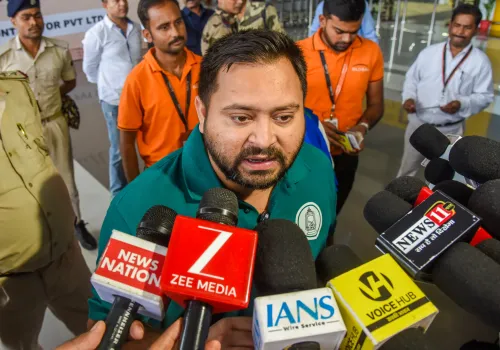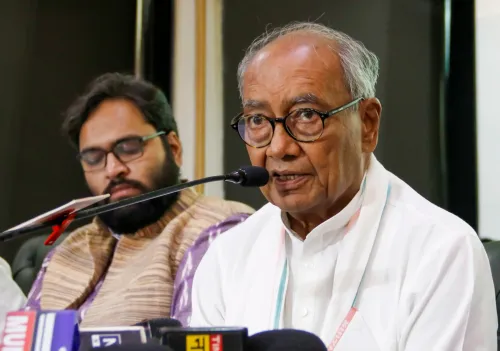Have Odisha's Higher Educational Institutions Been Prompted to Display Women Helpline Numbers on Campus?

Synopsis
Key Takeaways
- Mandatory display of Women Helpline number '181' on campuses.
- Conducting sensitization workshops on POSH Act and related regulations.
- Involving both teaching and non-teaching staff in awareness programs.
- Pledge to uphold principles of POSH Act by participants.
- Addressing women's safety concerns following recent incidents.
Bhubaneswar, July 18 (NationPress) The Odisha Higher Education Department has recently issued a directive urging all public and private universities, alongside government, aided, and unaided degree colleges within the state, to swiftly ensure that the Women Helpline number is visibly displayed at key locations throughout their campuses.
In an official letter sent out, the department mandated the prominent display of the helpline number “181” at strategic points on campus grounds.
Additionally, a digital copy of the display design was provided to facilitate immediate adherence to this order. Furthermore, institutions are required to conduct sensitization workshops concerning the Sexual Harassment of Women at Workplace (Prevention, Prohibition, and Redressal) Act, 2013 and UGC Regulations, 2015.
These workshops should include participation from both teaching and non-teaching staff, Internal Committee (IC) members, and students.
Institutions are also instructed to have attendees pledge to uphold the principles set forth in the POSH Act, 2013 and the UGC regulations during these sensitization sessions.
Universities and colleges are to conduct these workshops within three days of receiving this official correspondence.
It is noteworthy that the Odisha Higher Education Department had previously sent an urgent notice to all state universities and colleges demanding reports on the formation and operation of the Internal Complaints Committee (ICC) as stipulated by the Sexual Harassment of Women at Workplace Act, 2013.
The matter of women's safety in higher education settings has gained significant attention in Odisha following the tragic incident involving a girl student from Fakir Mohan Autonomous College in Balasore, who succumbed after a self-immolation attempt due to alleged sexual harassment by a faculty member.









